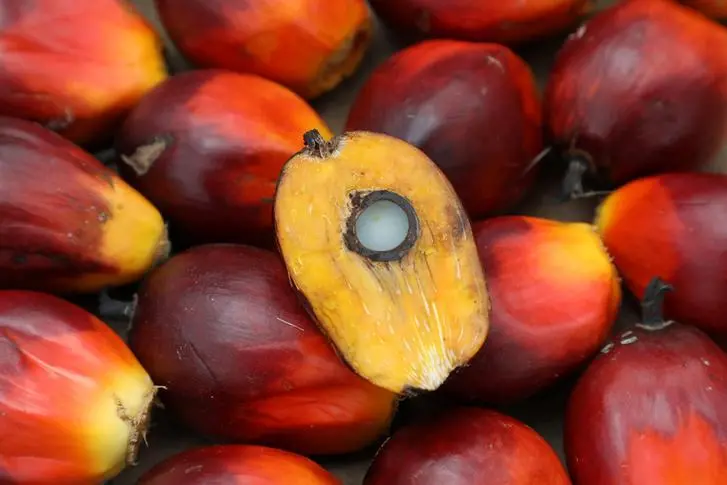PHOTO
BEBATU, Indonesia- Indonesia is planning to "hit the brakes" on the export of all raw commodities in an effort to attract investment in onshore resource processing and create jobs, President Joko Widodo said on Tuesday.
Indonesia has banned a number of unprocessed ore exports including nickel, tin and copper in a bid to encourage downstream industries, including producing batteries for electric vehicles and aluminum industry, among others.
The government is currently conducting a study for the downstreaming of other commodities with a long-term goal of no longer selling just raw materials, the president, who is popularly known as Jokowi, said in an interview in the village of Bebatu on Borneo island.
A new policy would hopefully emerge next year, he said.
"Don't be surprised. We had nickel (export ban) before. Next year, we may stop bauxite, the next year we may stop something else," Jokowi said.
Under current regulations, Indonesia will ban bauxite shipments in 2023.
"We really want to hit the brakes on exporting raw materials because there is no value addition and it does not create jobs," he said, adding that the policy would affect "all commodities".
Stopping exports of unprocessed palm oil was being considered, he said, although he declined to provide an estimate of when such policy could be issued.
He said last week that Indonesia would no longer export the crude form of the vegetable oil in future in favour of refined products such as cosmetics, margarine and biodiesel.
Indonesia is the world's biggest exporter of palm oil, thermal coal and tin. It is also major exporter of rubber and copper, among others.
Of 34 million tonnes of palm oil exports in 2020, 21% was in crude form.
(Additional reporting by Fransiska Nangoy; Editing by Nick Macfie) ((Widianto.Stanley@thomsonreuters.com;))





















